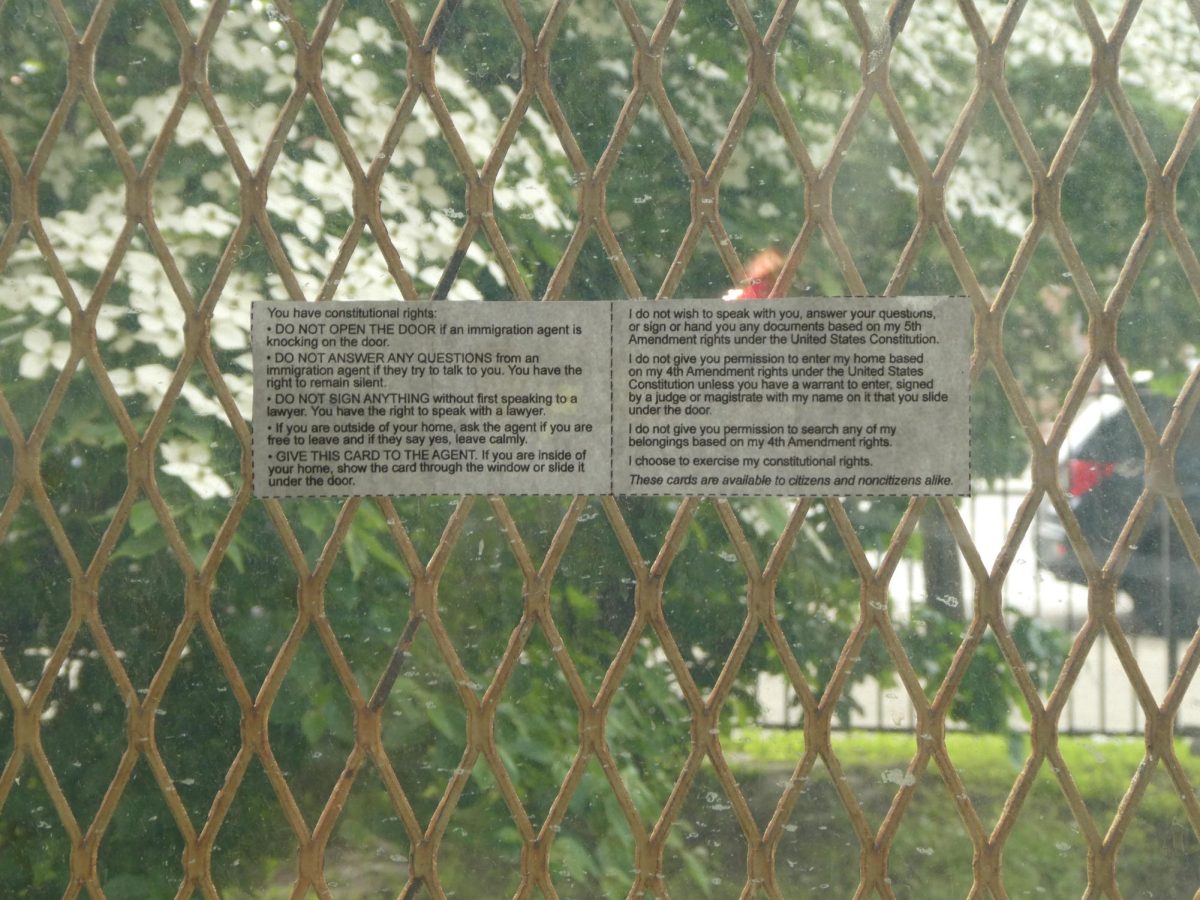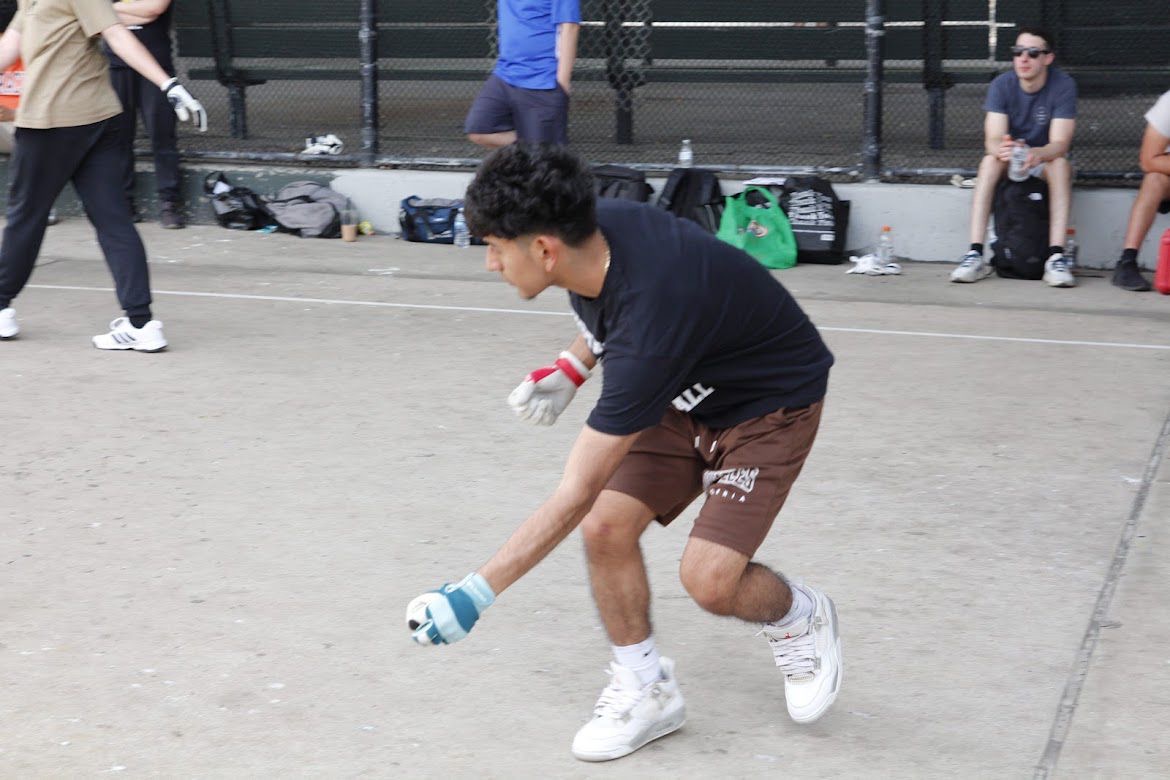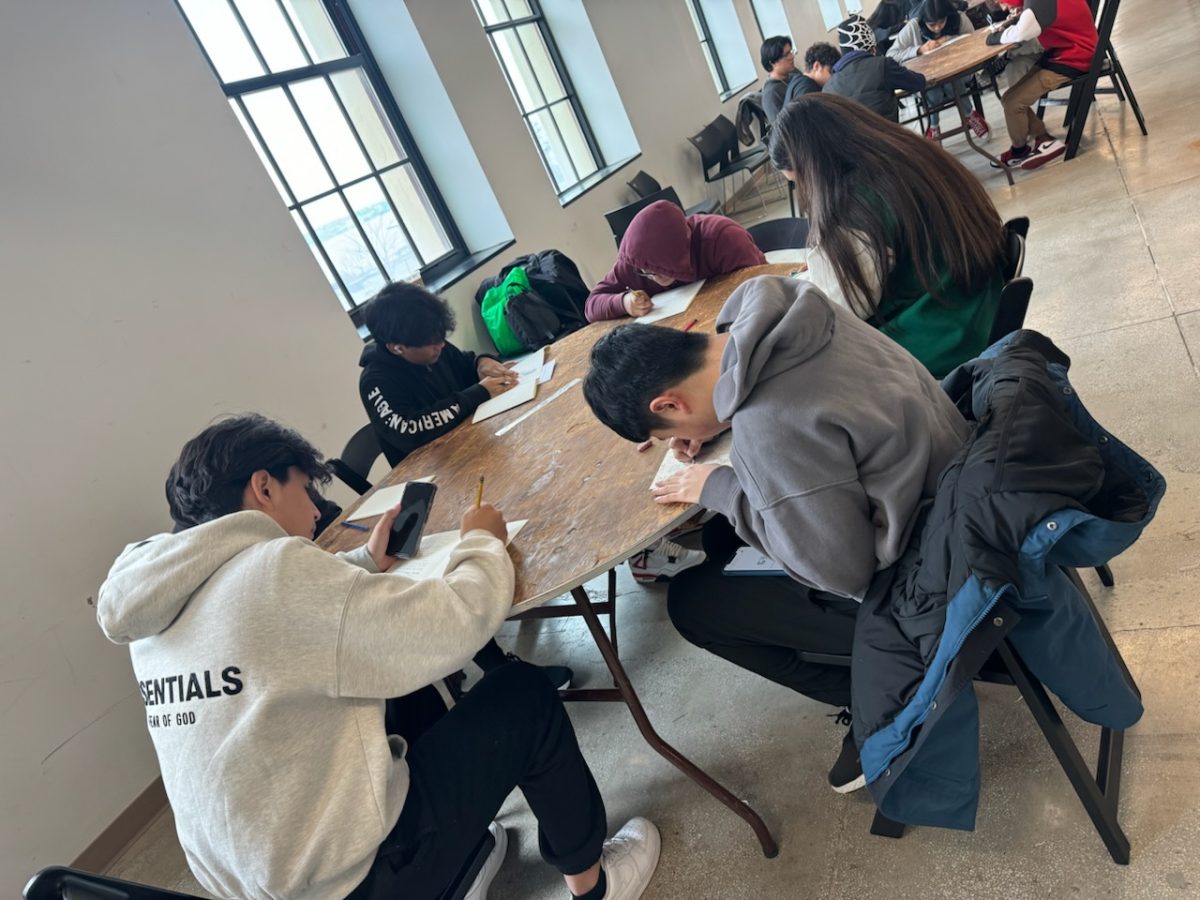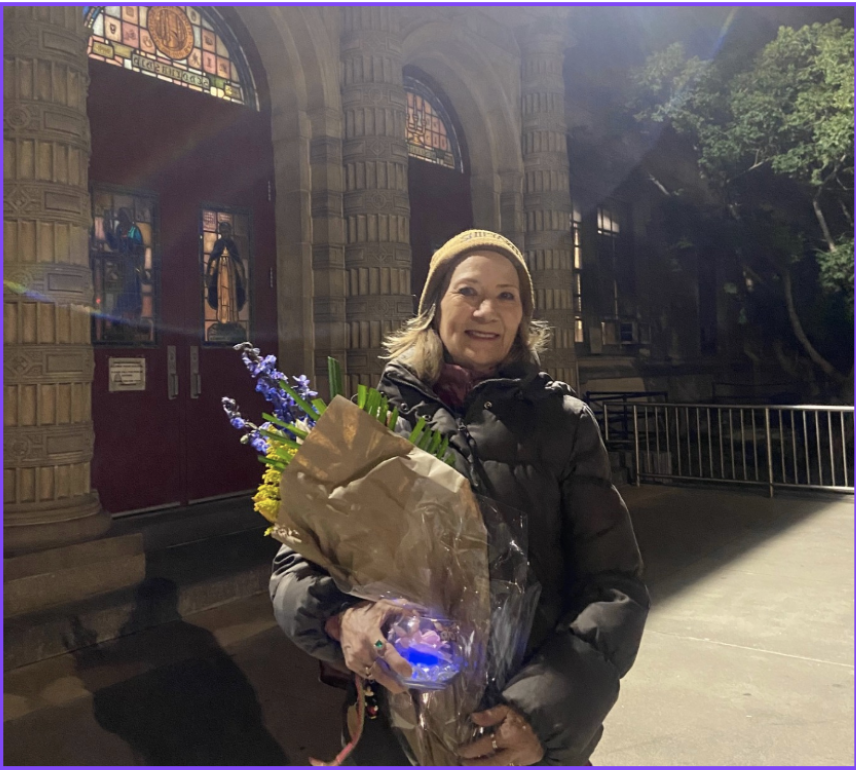HSTAT proudly celebrates its diverse student body, many of whom come from immigrant backgrounds, reflecting the vibrant communities of Bay Ridge and Sunset Park. However, this diversity makes our neighborhoods potential targets for increased deportation efforts by Immigration and Customs Enforcement (ICE), causing anxiety for students and families.
Since President Trump took office in January, his promised immigration reforms have heightened fears for undocumented families. Reports of ICE activity, such as a March 13th Instagram post detailing ICE sightings in New Jersey, have amplified these concerns. Videos showed ICE officers arresting individuals without presenting warrants, leading to detentions where people endure days without food or sleep, separated from loved ones.
While exact numbers are hard to pin down, studies estimate that 5% to 18% of Sunset Park and Windsor Terrace residents are undocumented. This reality weighs heavily on HSTAT students. Guidance Counselor Mr. Miranda expressed empathy: “My concern is for students and families impacted by this. Many are first- or second-generation immigrants seeking a better life, yet they’re treated like criminals.”
ICE lacks authority to enter schools or access student data. If ICE were to approach HSTAT, administrators like Ms. Shepard, Mr. DeMartini, or Ms. Mednick would intervene, informing officers of their limited jurisdiction. The Department of Education prohibits sharing student information, regardless of immigration status.
Despite these protections, fear persists. Some students skip school, worried about deportation, while parents hesitate to send their children to class. Mr. Miranda noted a misconception fueling this fear: “Eighty-six percent of fentanyl is trafficked by natural-born Americans, yet immigrants are scapegoated.” This highlights how narratives unfairly target communities like ours.
Students should know their rights and seek support from trusted school staff—teachers, advisors, or counselors—if they feel anxious. Ms. Mayo, an 11th-grade guidance counselor, advises caution: “Talk to trusted adults about ICE concerns, but be careful who you share personal information with, especially your citizenship status.” She notes that while no formal training exists for teens facing ICE outside school, resources like palm cards, available through Ms. Rodriguez, provide guidance on rights and support.
Staff share these concerns. Restorative Dean Mr. Tavarez believes students should focus on learning, not immigration worries: “They’re minors, here because their parents brought them.” Physics teacher Mr. Ramey has observed declining attendance due to ICE fears, which he says undermines a safe learning environment: “It’s a violation of student rights to probe their status. Without safety, students won’t attend, and their mental health and education suffer.”
HSTAT follows strict protocols to protect students from unauthorized law enforcement, including alerting parents and reviewing officers’ paperwork. If approached by ICE, students should contact a trusted adult or use resources like palm cards.
Fear of ICE is valid, but HSTAT remains a sanctuary. Students are encouraged to confide in safe spaces and use available resources to stay informed and empowered.
Below are links to websites that provide extra help and information on what to do if you get approached by ICE.






















